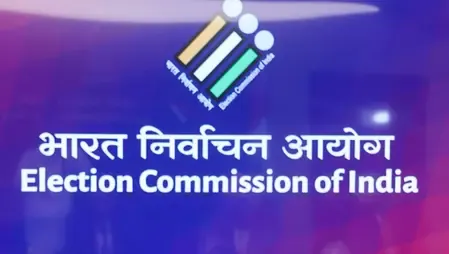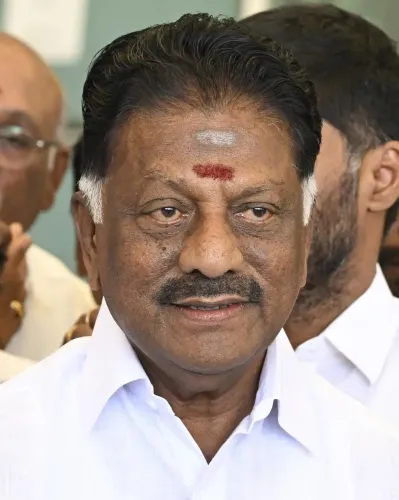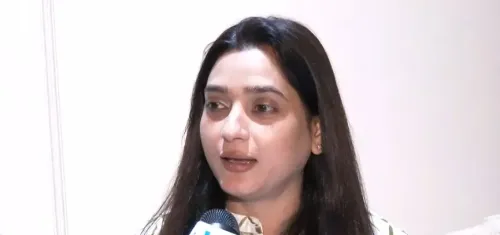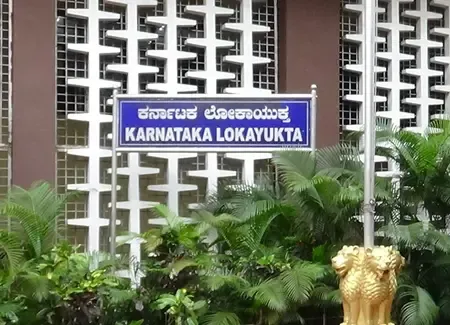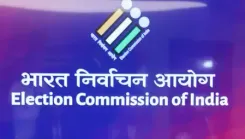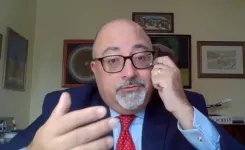Supreme Court Initiates Internal Investigation into Justice Yashwant Varma Following Cash Discovery
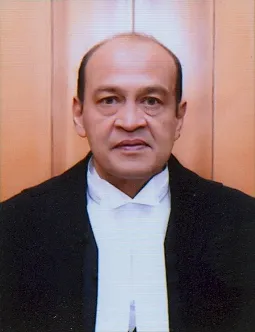
Synopsis
Key Takeaways
- The Supreme Court has begun an internal inquiry against Justice Yashwant Varma.
- Unaccounted cash was found during a fire incident at his residence.
- The investigation follows the established in-house procedures.
- Justice Varma has been recommended for transfer back to the Allahabad High Court.
- The findings of the internal inquiry will not be made public.
New Delhi, March 21 (NationPress) The Supreme Court has commenced an internal investigation concerning Justice Yashwant Varma of the Delhi High Court. This action follows the discovery of a significant sum of unaccounted cash at his residence in the capital, adhering to the established "in-house procedure" for the constitutional judiciary.
CJI Sanjiv Khanna has requested a report from D.K. Upadhyaya, the Chief Justice of the Delhi High Court, and has briefed the other puisne judges of the apex court.
According to reports, the substantial cash was uncovered last week when firefighters attended a blaze at Justice Varma's residence while he was away.
Under the “in-house procedure”, the Chief Justice of India (CJI) has the authority to receive complaints regarding the conduct of judges from both the Supreme Court and the High Courts.
Likewise, Chief Justices of High Courts can receive complaints about High Court judges. The full Supreme Court convened in May 1997 and adopted two resolutions.
The first resolution titled “The Restatement of Values of Judicial Life” outlines specific judicial standards and principles that judges of both the Supreme Court and High Courts must adhere to. The second resolution, known as the “in-house procedure”, details the process for remedial actions against judges who fail to meet universally accepted values of judicial conduct.
In the ruling on Indira Jaising v. Supreme Court of India, it was determined that the findings of a committee formed under the “in-house procedure” are not subject to public disclosure.
Reports indicate that the Supreme Court Collegium has suggested transferring Justice Varma back to his original High Court, the Allahabad High Court. This announcement is yet to be published on the official website of the apex court.
According to the existing Memorandum of Procedure (MoP), the CJI, in consultation with the four most senior puisne judges, initiates the transfer of High Court judges.
The MoP stipulates that the CJI must also consider the opinions of the Chief Justices from both the transferring and receiving High Courts, as well as any relevant views from Supreme Court judges.
Justice Varma, born in January 1969, earned his law degree from Rewa University and primarily practiced civil law, handling a diverse array of cases including constitutional issues, industrial disputes, corporate law, taxation, environmental matters, and more. He served as the Chief Standing Counsel for the State of UP from 2012 until August 2013, when he was designated as a ‘senior advocate’ by the Allahabad High Court.
He was appointed as an Additional Judge in October 2014 and was transferred to the Delhi High Court in October 2021. Currently, he ranks as the third senior-most judge at the Delhi High Court, tasked with adjudicating writ petitions that challenge the constitutional validity of laws, statutory rules, regulations, or notifications related to municipal tax.
According to the current roster, the division bench headed by Justice Varma, which includes Justice Harish Vaidyanathan Shankar, is engaged with cases concerning sales tax, GST, Letters Patent Appeals, regular First Appeals (Original Side), Company Appeals, and matters scheduled for the Commercial Appellate Division.


